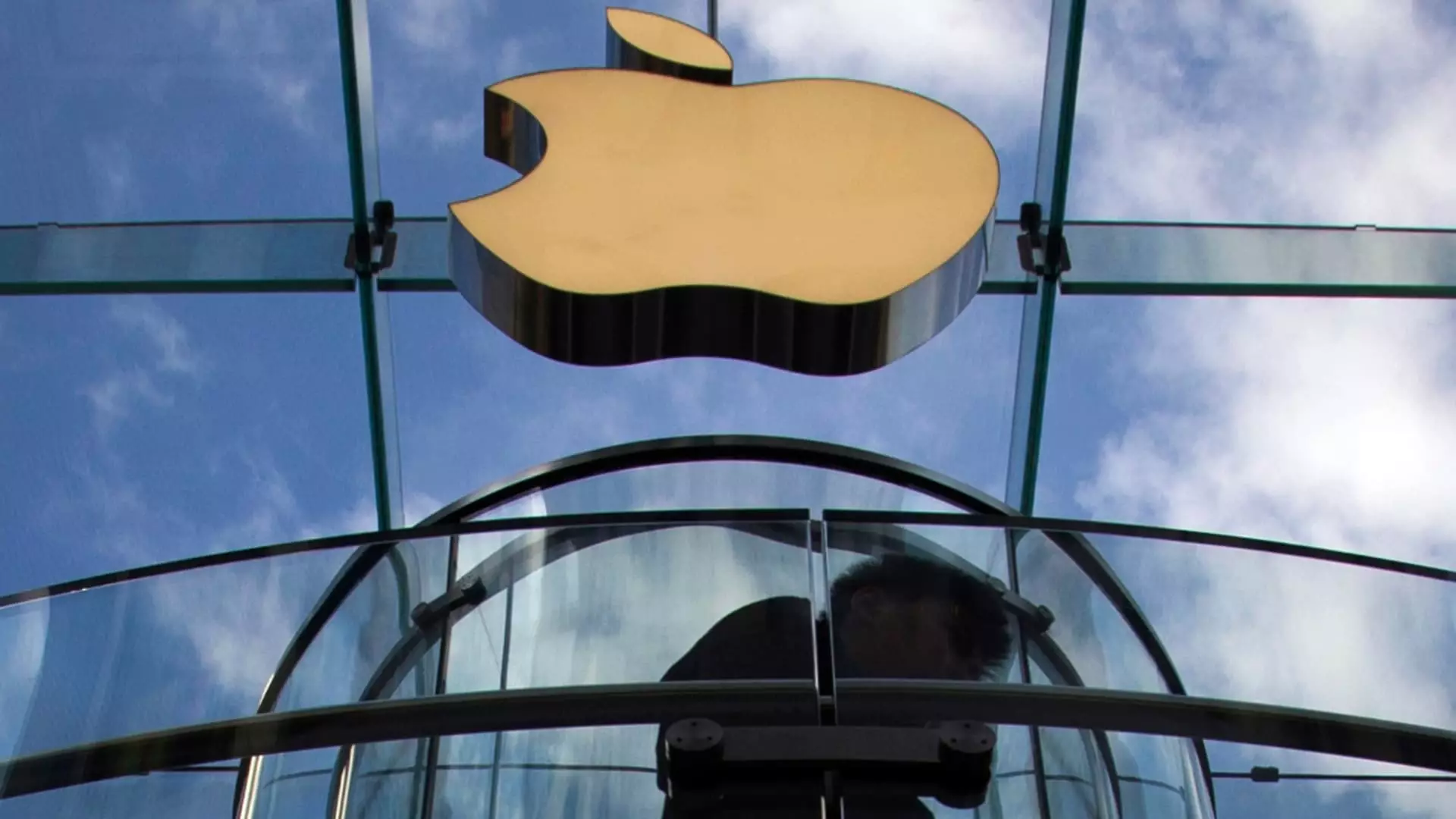The dynamics of Wall Street are as tumultuous as they are fascinating, illustrating the complexities of market sentiment and investor behavior. Every week, analysts dissect corporate earnings reports and future projections, offering recommendations that can sway millions of dollars in global markets. In recent days, several major calls from reputable firms have ignited discussions about the resilience of tech companies, the shifting landscape of consumer goods, and the ongoing challenges faced by legacy brands.
Tech Titans Persist Despite Challenges
Among these pivotal moments, the reiteration of strong ratings for tech giants like Qualcomm and Microsoft stands out. JPMorgan’s designation of Qualcomm as “overweight” following its robust earnings appears to reflect an evolving sentiment in the semiconductor sector. This isn’t an impulse decision; instead, it demonstrates a calculated recognition of the company’s adaptability amidst a challenging smartphone market landscape. Notably, Qualcomm’s solid performance in sectors like IoT and automotive amplifies its relevance, positioning it well for future growth.
Similarly, Bank of America’s endorsement of Microsoft maintains the tech titan’s status as a cornerstone of the market. With Azure leading the charge, Microsoft’s numbers are hard to argue against. Yet, this raises important concerns about over-reliance on only a few revenue streams. While Azure shines, how long can it sustain itself before its competitors catch up? Wall Street’s euphoria over tech could mask the growing risks involved in this competitive race.
The Daring Upgrades and Downgrades
Truist’s upgrade of ServiceNow to “buy” stands as a bold proclamation in a turbulent economic climate. The expectation that the enterprise IT stack would consolidate around players like ServiceNow implies a keen insight into the industry’s evolution. While the infusion of AI may bolster its positioning compared to other vendors, the reality is that it might also engender a sense of complacency among investors. If history teaches us anything, it is that tech trends shift faster than many realize, and today’s darling can quickly turn into tomorrow’s pariah.
On the contrary, the downgrade of Procter & Gamble by Redburn Atlantic Equities raises eyebrows. While P&G’s defensive posture, strong productivity, and solid balance sheet might warrant a neutral stance, this sentiment also reflects a broader skepticism about slow-growth consumer staples. Can we truly afford to be neutral on companies that dictate the essential goods of everyday life? In an era where corporate responsibility and sustainability increasingly dictate consumer choices, market leaders in consumer products need to show they are adaptable and forward-thinking, or they risk becoming obsolete.
Shifting Sentiments in Retail and Beyond
The fervor surrounding Camping World, subsequently upgraded by JPMorgan, illustrates how market emotions can swing dramatically. A drop of over 14% in stock price triggered an immediate rethink by analysts, signifying a belief that the reaction may have been disproportionate. This scenario displays the market’s tendency to overreact, often forgetting the nuanced, long-term perspectives. The RV industry, while cyclical, can also be characterized by passionate enthusiasts and an emerging cultural trend towards adventure. Is it too simplistic to say that the appetite for travel and experience could drive a renaissance for companies like Camping World?
Nonetheless, words of caution arise from HSBC’s downgrade of UPS, indicating dwindling demand and tariff-induced scrutiny. While UPS remains a foundational piece of logistics and shipping, can it weather the storm of a potential economic downturn? Downgrading from buy to hold encapsulates the uncertainty and hesitation that many investors feel: the fear of not just losing money but losing faith in a system that could struggle to adapt to a rapidly changing world.
Stability Amidst Innovation and Transition
Companies like Johnson & Johnson, as highlighted by Goldman Sachs’ commendation, showcase how stability can coexist alongside innovation. A robust pipeline for JNJ suggests a clear pathway for growth despite the vicissitudes of the pharmaceutical landscape. The critical question, however, is whether JNJ and similar entities will embrace innovation or simply maintain the status quo. The pressure for companies to adapt might feel overwhelming, yet those that cling too dearly to their traditional practices could miss out on revolutionary changes that are sweeping through the industry.
The debate surrounding Tesla’s leadership also encapsulates the tension present in many sectors. With UBS describing possible leadership changes as a “watershed moment,” one cannot help but wonder about the implications for a brand that has redefined electric vehicles. Is it wise to focus on leadership over product innovation? As Tesla navigates its challenges, questions loom large over its sustainability and future direction.
These calls from Wall Street reveal not only cautious optimism but also stark reminders of the unpredictability inherent in the marketplace. Investors must critically evaluate these assessments, always questioning whether the rationale supports their financial philosophy. Are we genuinely prepared for the volatility ahead, or are we simply hoping for the best? It is this blend of optimism and wariness that each emerging trend underlines, punctuating the complex tapestry of today’s financial landscape.


Leave a Reply